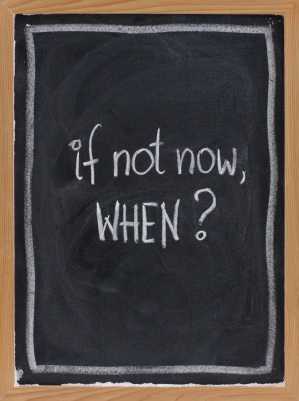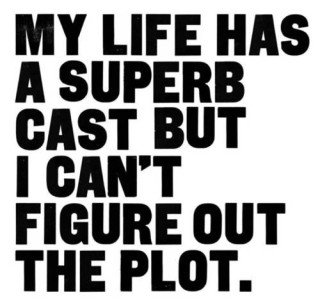Medicine & Motherhood
 By Dr. Dawn Barker
By Dr. Dawn Barker
Until recently, it was easy to reply when an inquisitive acquaintance asked, “What do you do?” I would answer that I was a child and adolescent psychiatrist. Easy.
The most difficult part was trying to explain that yes, a psychiatrist is a medical doctor, and no, I’m not a psychologist and there is a difference. But when faced with the same question these days, I struggle to answer. Of course, I am still a psychiatrist, and those certificates on my office wall are still valid. But my role now is so much broader and difficult to define.
Almost two years ago, I stopped work to have my first child, with a plan to take a year’s maternity leave. I was surprised when many of my friends and colleagues were shocked that I was taking so much time off. I replied with my standard child psychiatry spiel about the first year of an infant’s life being critical for secure attachment development, but the reality was that I wanted to stay at home with my new baby. I looked forward to having a year when I didn’t have to deal with acutely distressed patients, and the equally distressed hospital system. If I was going to be woken at night, I wanted to deal with my own child’s need rather than someone else’s. In fact, I wasn’t sure that a year would be long enough.
Before that first year was up, I was pregnant again, and I officially resigned from my position at work. I have recently had my second child, and now haven’t worked in medicine for almost two years. I always thought that society frowned upon women who went back to work when their children were young; instead, it seems that the opposite is true, and professional women are somehow expected to return to work quickly and hand over the raising of their children to someone else.
So what do I do now? I have been writing: I’ve written a novel and won a publisher’s manuscript development competition; I’ve kept a blog of my parenting experiences; I’ve written a few articles for magazines. Would I call myself a writer? I still can’t help but feel embarrassed to say that. It doesn’t seem like a ‘real’ job. I’m not earning a living from it, so I can’t really say it’s what I ‘do’.
Do I say that I’m a mother, or a housewife? In reality, that is what I do every hour of the day: I look after my family physically and emotionally, and I run a household. But I hesitate to define myself as a homemaker. I want people to know that I can do more than that, even though I know that raising children is difficult and tiring and incredibly important – but it is undervalued in our society. There seems to be more value placed on professional women returning to the workforce and employing someone else to look after their children.
There are days when I wish I was at work, having a coffee with other adults while we discuss a challenging clinical case, or reading a magazine while I eat lunch without a toddler trying to escape from a high chair next to me. Then I remember – that rarely happened when I was working. I was just too busy. It’s then that I remind myself: even the worst day at home with two young children is nowhere near as bad as the worst day at work.
Doctors should be the most supportive of professions when it comes to our colleagues becoming parents. We work every day with patients in difficulty and know the importance of a strong family, and yet our profession is one that makes it very difficult to balance both a working and parental role. Part time work is difficult to manage, clinical meetings and ward rounds are often held very early or after hours, and the on call work can be brutal. But we are more than doctors; we are mums and dads and wives and husbands, and we shouldn’t have to pick one or the other. We can’t do it all, and maybe we should stop trying to.
So when people ask me what I do now, I tell them that I am a psychiatrist who has taken a few years off to raise my family, and I also write on the side. And that’s an identity that I am happy with.
About: Dawn Barker is a Child and Adolescent Psychiatrist, writer and mother, based in Perth, Western Australia. She blogs at psychiatristparent.wordpress.com
 Email This Article tagged:
Email This Article tagged:  Dr. Dawn Barker,
Dr. Dawn Barker,  Maternity Leave,
Maternity Leave,  Physician Lifestyle Design,
Physician Lifestyle Design,  Physician Publishers |
Physician Publishers |  Mar 1, 4:00 PM
Mar 1, 4:00 PM 






